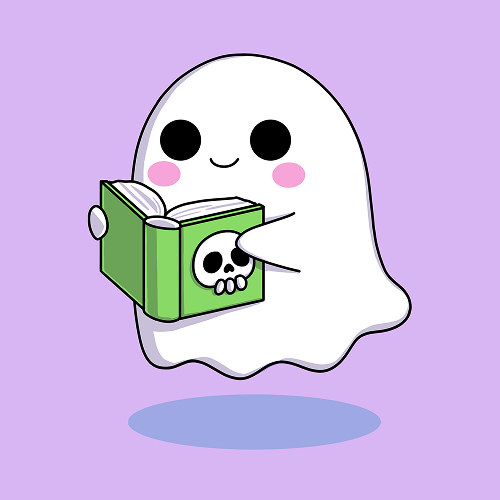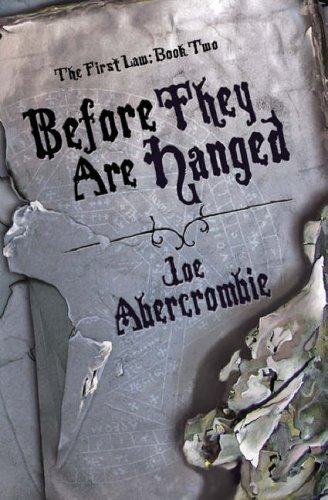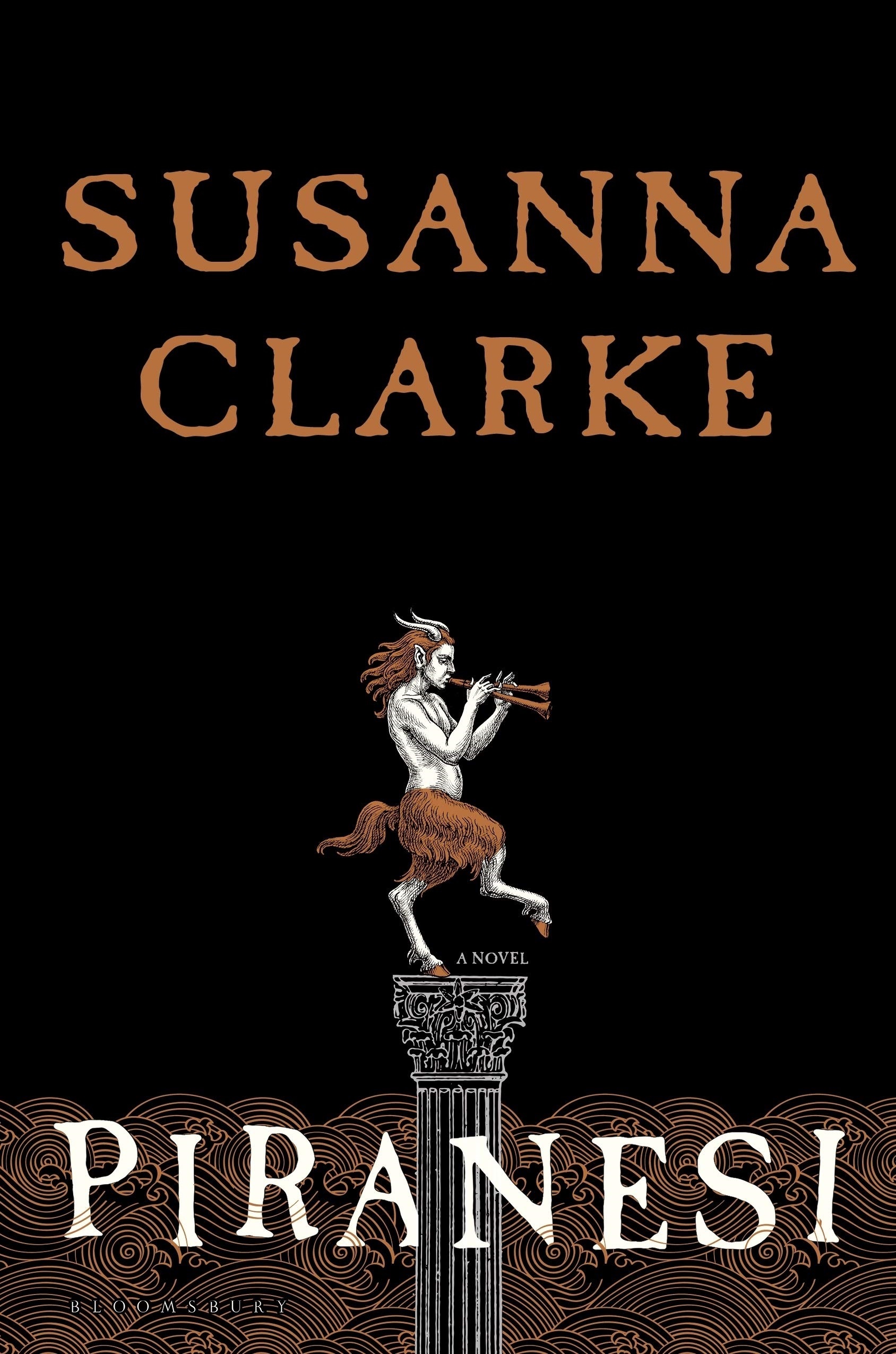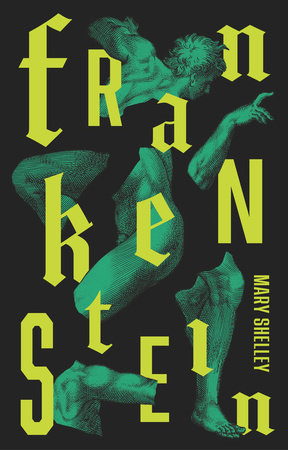lovedeterrence made progress on...
lovedeterrence started reading...

Cloudstar's Journey (Warriors Novellas, #3)
Erin Hunter
lovedeterrence started reading...

The Cure for Drowning
Loghan Paylor
lovedeterrence finished a book

Firestar's Quest (Warriors Super Edition, #1)
Erin Hunter
lovedeterrence made progress on...
lovedeterrence commented on a post
The pacing... I'm dying. Were all the super editions this horrendously paced? I guess I never noticed it as a kid 💀
Post from the Firestar's Quest (Warriors Super Edition, #1) forum
The pacing... I'm dying. Were all the super editions this horrendously paced? I guess I never noticed it as a kid 💀
lovedeterrence made progress on...
lovedeterrence wrote a review...
This novel is such a master class in character writing. Absolutely incredible and realistic dialogue (this would be such a treat to consume as an audiobook!) and such a compelling array of characters, each so interesting that they could easily have their own respective novels. The way Jones describes emotions especially... She has such a poetic writing style that never feels overdone. Easy to read, but not simplistic at all.
Our two main characters, Vernice and Annie, are perfect vehicles for exploring the themes of the book. Their friendship is the heart of the novel... And that's where my main problem lies. I feel like we aren't given enough time with them together before they start on their own separate paths, and that made it harder for me to emotionally connect with their sisterhood. It's certainly not an egregious ratio of tell over show, but the lack of page time these two got together at the beginning of the novel really left me wanting. Both characters have multiple other meaningful relationships with other women that are given more page time, which added to that feeling further. These two have known each other their entire lives, but as the reader I feel like I know more about their relationships with people they've known for only a few years. Given Vernice and Annie's relationship is supposed to be the beating heart... I felt this balance was quite odd.
Despite that, the theme work going on here is really good. I always love a book that thoroughly explores how multiple characters end up leading different lives due to their respective circumstances. We touch on family (biological and found), identity, grief, racism, colorism, classism, and the devastating ways that people betray themselves in order to survive in a world where everything is stacked against them. Vernice is constantly trying to run from her old life, while Annie is always trying to run to a life that she felt she was robbed of. Both of them behaved in ways that broke my heart and exasperated me in equal measure, but their decisions always made sense and were consistent with their characterization. This was definitely a book that affected me emotionally! Anger, heartbreak, disappointment, joy... I don't think it's possible to read this and not feel all of these things.
I devoured this in a day, and now I feel all emotionally wrung out. I am left with a small feeling of unsatisfaction from the ending, and from wanting more page time where our two protagonists are together, but this is certainly worth the read!
4/5.
lovedeterrence finished a book
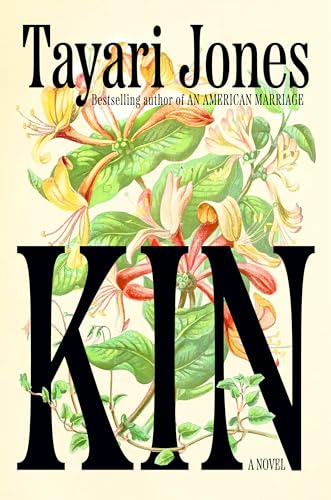
Kin
Tayari Jones
Post from the Kin forum
Incredible out of context quote: "'I am glad a ghost hexed his dick."'
lovedeterrence commented on anxioussunrise's update
anxioussunrise finished a book

Witch Hat Atelier, Vol. 1
Kamome Shirahama
lovedeterrence started reading...

Kin
Tayari Jones
lovedeterrence wrote a review...
It's very rare that I give an author consecutive high ratings, but Chloe Michelle Howarth seems to have done the impossible. Her sapphic coming-of-age novel, Sunburn, was one of my favorite reads of last year and it devastated and healed me in equal measure. It's probably the book I've sobbed the hardest at while reading it.
Heap Earth Upon It is a much different, more ambitious novel. While still maintaining a focus on the struggles of being queer in rural Ireland, it's set to a far darker tone. We're treated to a litany of themes, from grief, to toxic masculinity, to Catholic guilt and repression, to obsession, to class disparity, to the ways that shame can twist and warp a person and their experience of reality. Many literary fiction releases these days like to call themselves Gothic while really only paying aesthetic homage, but this novel feels like it truly embraces and embodies the genre. The dread and discomfort grabs hold of you right from the prologue and never leaves.
One of the aspects of Howarth's writing that I really loved in her debut was how she describes emotions, particularly yearning. In this book, we're given four different POVs, and much more complicated and dark psychological ranges to read from, so her grasp on emotional language and descriptions shines even brighter here. There's still that characteristic devastating yearning that I loved in Sunburn, but with an uneasy, obsessive twist. Very few books these days feel like they want to depict Sapphic attraction in a way that is anything less than pure and sweet, so reading something like this is very refreshing. It's the type of book that makes you want to read it slowly, so you can really savor how well it's written, so you can really stew in the atmosphere.
And reading it slowly is quite the challenge! Right from the dramatic hook of the prologue (and I really cannot overstate just how GOOD and compelling this prologue is), you're treated to a heavy dread and grief that gradually grows and transforms over the course of the novel. As the reader we are left in the dark about the specifics of this grief, only being given small yet tantalizing morsels of information betrayed to us by the thoughts of our three main protagonists. I love when books do this, and it's especially effective here as it also serves to really drive home the relationship between these characters as well as their internal psychological states. They don't talk about their grief and trauma with each other, so why should the reader get special treatment? They're clearly running from a traumatic background, so why should we get concrete details when they don't want to think about it?
Despite being a relatively short book, Howarth succeeds in getting each of our POVs to feel distinct and compelling. Our three main siblings, Anna, Jack, and Tom, share the same trauma and grief, and yet they are affected by it in vastly different and well-defined ways. Our perspective outside the family unit, Betty, serves as a way to fully contextualize the dysfunction of the siblings. Howarth utilizes all four of these POVs well, but I do feel as though Anna and Jack were more fully realized than their brother, Tom. And the contrast that Betty's POV provides is no doubt vital to the novel, but getting her perspective made it harder for me to emotionally connect to Anna's obsession with her. This is more nitpicking than anything, though. The complexities of both Jack and Anna (especially Anna) are more than capable of carrying the weight of the novel.
With Heap Earth Upon It, Howarth has undeniably proven that she is not just a one-hit wonder. In two novels, she has demonstrated both the breadth and depth of her potential range to be more substantial than most authors with a much longer catalog. I'm so excited to read whatever she writes next!
5/5.
Post from the Heap Earth Upon It forum
lovedeterrence finished a book

Heap Earth Upon It
Chloe Michelle Howarth
lovedeterrence commented on a post from the Pagebound Club forum
So far this year the books I’m reading just haven’t been hitting at ALL for me, DNFs, starting and then needing to pause etc because I am not enjoying or connecting. I am also reading much slower than normal for me and I realise that I may indeed be the problem 🥴😂
So, I’ve decided to take a step back for a month, minimum, from fantasy, focussing on some classics and non fiction, with a sprinkle of Lit Fic, and just try to reset my brain a little when it comes to the fantasy world. I do have a monthly buddy read with my friend which is usually a fantasy and which I will keep in, but other than that, I’m backing off for a little bit.
I have so many great series I want to get to (Brando, John Gwynne, Ryan Cahill, James Logan, Evan Winter, Tad Williams etc) that I want to go into them fully engaged and not burnt out, which is what I think is currently happening!
Have you ever found you just need to take a step back from a whole genre and refresh your brain chemistry? For the mood readers among us … tell me I’m not alone 😂
